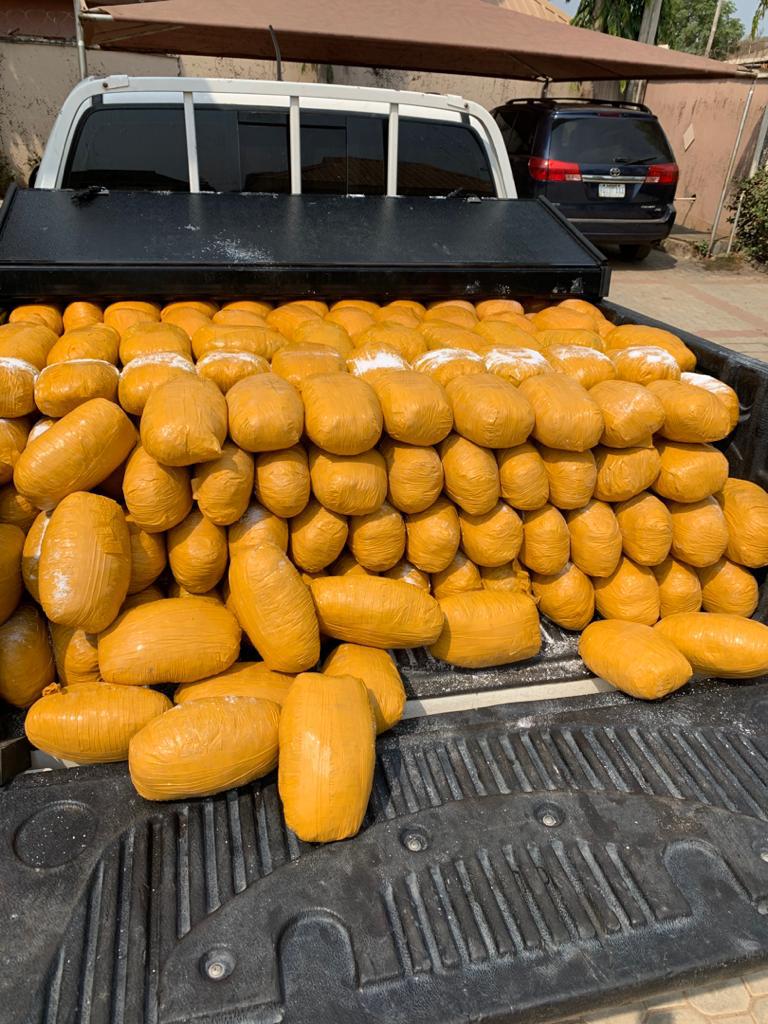As a young boy growing up in Yola, my first encounter with the specter of drug abuse wasn’t through the grim tales of tabloids or the distant murmurs of concerned adults. It was a vivid scene at an awareness programme organised by the Bekaji Youth Association, a community initiative that brought together stakeholders in a concerted effort to address the menace of drug abuse. Little did I know that this encounter would shape my understanding and decisions regarding substance abuse for years to come.
Reflecting on that eventful day, one can only imagine how invaluable such prevention programmes are in shaping the fabric of our society. The theme for this year’s International Day Against Drug Abuse and Illicit Trafficking, as announced by the United Nations Office on Drugs and Crime (UNODC), succinctly captures the essence of what ought to be our collective struggle: “The evidence is clear; invest in prevention.” This theme resonates deeply with the foundational principle that prevention has always been and remains far superior to cure.
Drug abuse, the specter haunting our communities, knows no bounds of age, gender, or economic standing. It is an equal opportunity destroyer, lurking in the shadows, waiting to ensnare the unsuspecting and vulnerable. Among the most susceptible are our adolescents and young adults, teetering on the brink of experimentation, navigating the tumultuous waters of peer influence and societal pressures. Their innate curiosity and quest for identity make them prime targets for the siren call of substance abuse. This is why it is imperative that we direct our prevention efforts with laser-like precision towards these demographics, equipping them with the armour of knowledge and resilience to navigate the terrain of adolescence unscathed.
The landscape of youth culture today is a labyrinth of influences, both positive and perilous. From social media platforms to peer circles, the barrage of messages extolling the virtues of substance use often outweighs the voice of reason. In this battleground of ideologies, prevention programs would offer a beacon of hope that illuminates the path towards informed decision-making and healthy choices. The particular reason for this is that by empowering adolescents and young adults with a good understanding of the physiological and psychological ramifications of drug abuse, we arm them with the tools needed to resist the allure of experimentation.
- Nigeria to partner Germany on $130bn global hydrogen market
- Ungwar Jummai: Towns with identical names in Nigeria, Niger
Communities poised on the frontlines of the battle against drug abuse must orchestrate strategic initiatives tailored to safeguarding their most vulnerable members, particularly adolescents and young adults. One potent avenue is the organization of mini-lectures, a collaborative effort uniting educators, health workers, and law enforcement agencies such as the National Drug Law Enforcement Agency (NDLEA). These sessions should serve as vital platforms for disseminating crucial information about the perils of substance abuse, tapping into the expertise of diverse stakeholders to deliver comprehensive insights.
The efficacy of drug abuse prevention programs (DAPPs) cannot be overstated because they are rooted in scientific research and evidence-based practices. These programs serve as bastions of knowledge and resilience against the tide of peer pressure and societal influences. They arm individuals with the tools needed to navigate the complexities of life, empowering them to make informed decisions and resist the allure of substance abuse.
Policymakers in education can also add DAPP modules to the curriculum to equip students with the knowledge and skills to navigate life’s challenges. Students’ participation in anti-drug abuse clubs such as the Drug Free Clubs in schools and tertiary institutions should also be encouraged by parents and teachers alike. The clubs and groups should be fully equipped with knowledge about drug use and how to discourage it through strategic preventive programmes.
Prevention programmes must be evidence-based and should leverage local resources, mobilize volunteers, and disseminate information through events, campaigns, and informative materials. Facilitators must also be meticulously trained to avoid misinformation and other improper conduct that can distort prevention efforts.
In the end, it is through such collaborative endeavors that we can forge a resilient network of support and education, one capable of significantly reducing drug abuse and fostering a healthier environment for all. As the International Day Against Drug Abuse and Illicit Trafficking looms large, let us heed the clarion call to invest in prevention, for the evidence is indeed clear: our future depends on it.
Mahmud Isa Yola, Special Assistant to the chairman/CEO of NDLEA wrote from Abuja

 Join Daily Trust WhatsApp Community For Quick Access To News and Happenings Around You.
Join Daily Trust WhatsApp Community For Quick Access To News and Happenings Around You.


